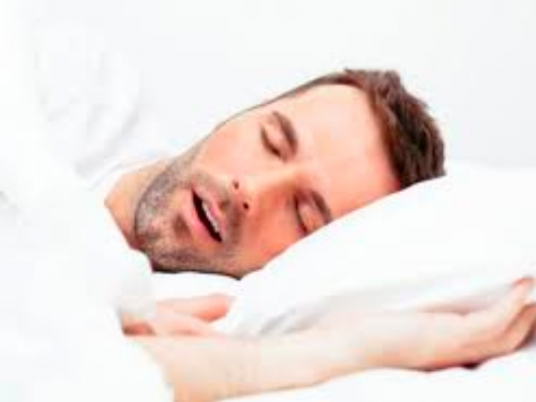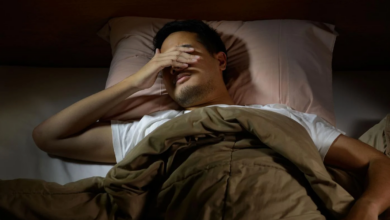
Did you get enough sleep last night? If not, you are not alone.
More than one out of three American adults do not get enough sleep, according to a study released Thursday from the US Centers for Disease Control and Prevention.
“That’s a big problem” says, Dr. Nancy Collop, director of the Emory Sleep Center at Emory University School of Medicine in Atlanta, who is familiar with the study.
“You don’t function as well, your ability to pay attention is reduced, and it can have serious, long term side effects. It can change your metabolism for the worse."
At least seven hours of sleep is considered healthy for an adults aged 18 to 60, according to the American Academy of Sleep Medicine and the Sleep Research Society.
CDC analyzed data from a 2014 survey of 444,306 adults and found 65.2 percent of respondents reported getting that amount of sleep.
"Lifestyle changes such as going to bed at the same time each night; rising at the same time each morning; and turning off or removing televisions, computers, mobile devices from the bedroom, can help people get the healthy sleep they need," said Dr. Wayne Giles, director of the CDC's Division of Population Health, in a statement.
Getting less than seven hours a night is associated with an increased risk of obesity, diabetes, high blood pressure, heart disease, stroke and frequent mental distress, the study shows.
Conducted by the CDC's Morbidity and Mortality Weekly Report, the study is the first of its kind to look at all 50 US states and the District of Columbia.
The study found that among those most likely to get great sleep were married or have a job, with 67 percent and 65 percent respectively saying they get enough. Only 56 percent of divorced adults said they get enough sleep, and just over half of jobless adults sleep seven hours a night regularly.
Among the best sleepers were college graduates, with 72 percent reporting seven hours or more.
The study found geographical differences as well as ethnic disparities. Hawaiian residents get less sleep than those living in South Dakota, the study found. Non-Hispanic whites sleep better than non-Hispanic black residents, with 67 and 54 percent respectively.



